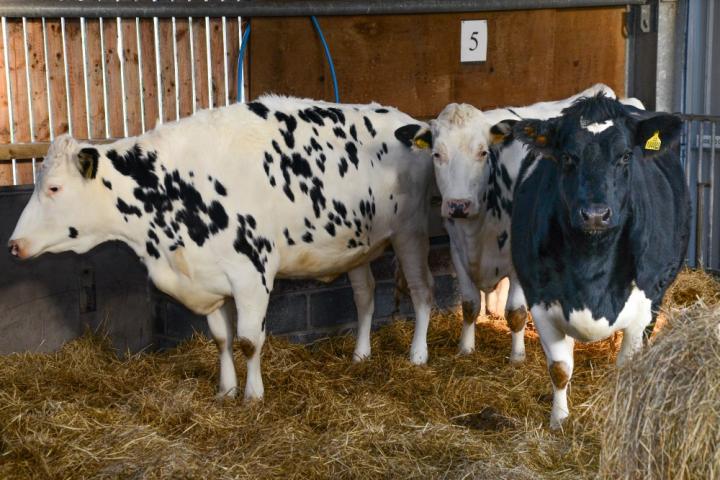Cow gut study could help tackle disease
A common, chronic gut disease in ruminants will be the focus of a £1 million study.

The ways in which bacteria cause a deadly gut infection in cows in the UK and worldwide will be the focus of a new study.
Genes in the bacteria that play a role in Johne's disease (JD) will also be determined by the research from the Roslin Institute and Moredun Research Institute.
The £1 million study, funded by the UK Government’s Biotechnology and Biological Sciences Research Council, will inform the design of strategies to control and treat these infections.
Impactful disease
JD is a common, chronic disease of the gut of cows and sheep caused by infection with a bacterium – known as Mycobacterium avium subspecies paratuberculosis (MAP).
The condition has a significant impact on the health and welfare of cattle and sheep, with economic losses associated with reduced productivity and high mortality in the chronic stage.
JD is an insidious and increasing problem in the UK and worldwide, with no effective control measures in cattle other than test and slaughter.
The condition costs an estimated £9.8m each year to the dairy industry and £3.1m each year to the beef industry in the UK alone.
Control strategies
At early stages following infection, animals show little evidence of the disease, making it difficult to detect and easy for infection to spread unnoticed.
This is partly because the bacterium is able to hide from and manipulate the immune system.
A series of research experiments will provide insight into how MAP interacts with cells in the gut, how it survives and replicates.
Our study brings together a team of researchers with complementary expertise and established models of infection. Our aim is to determine key factors in the animals and the pathogen that control entry in the gut. These factors could be targets of future intervention strategies to control Johne’s disease.
** The Roslin Institute is part of the University of Edinburgh’s Royal (Dick) School of Veterinary Studies. **


